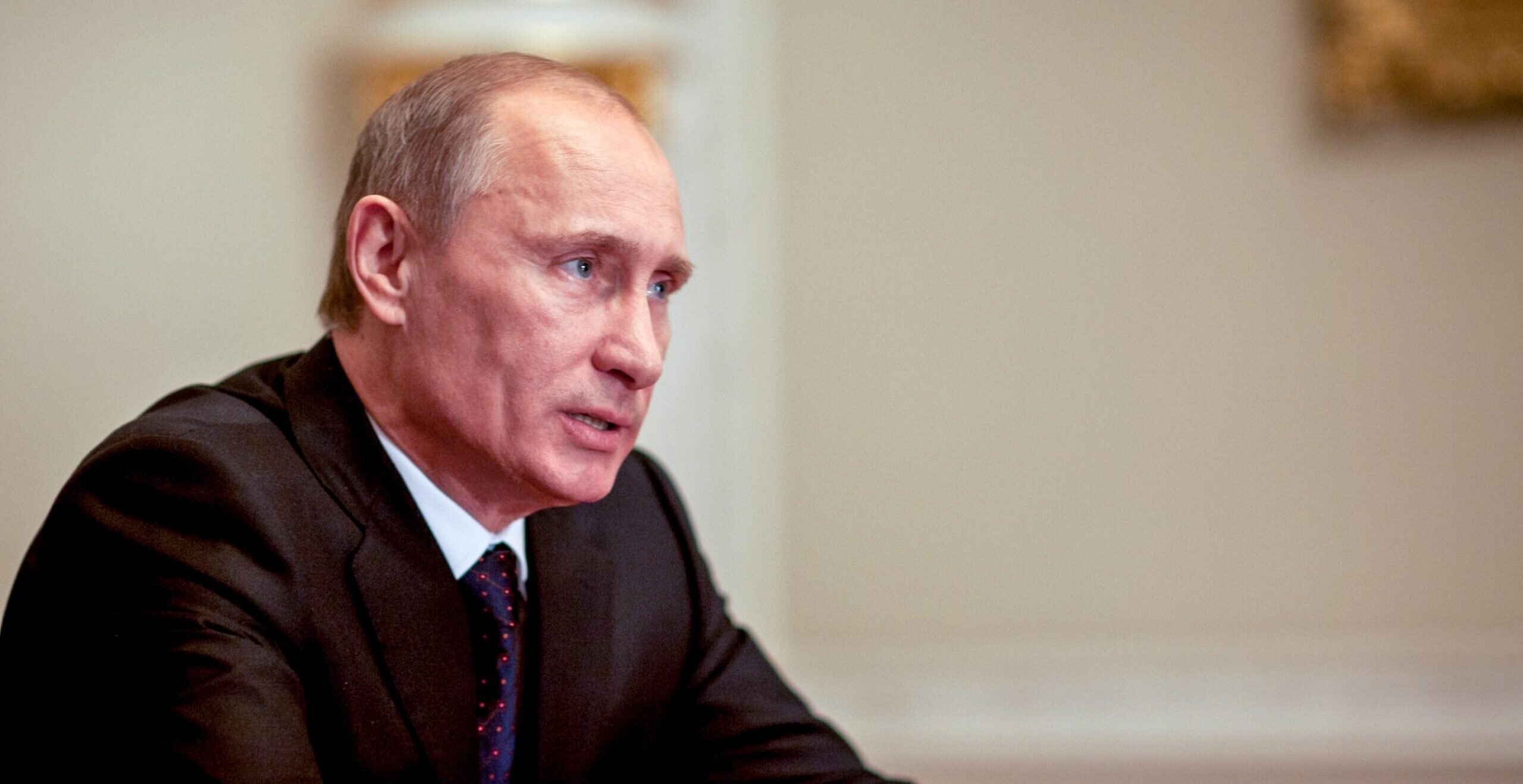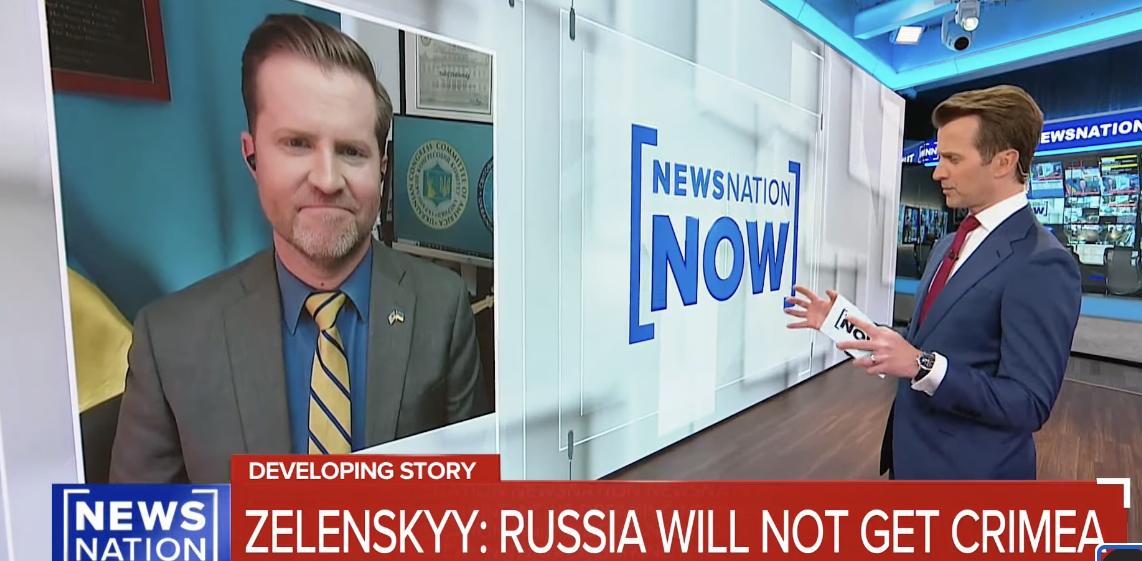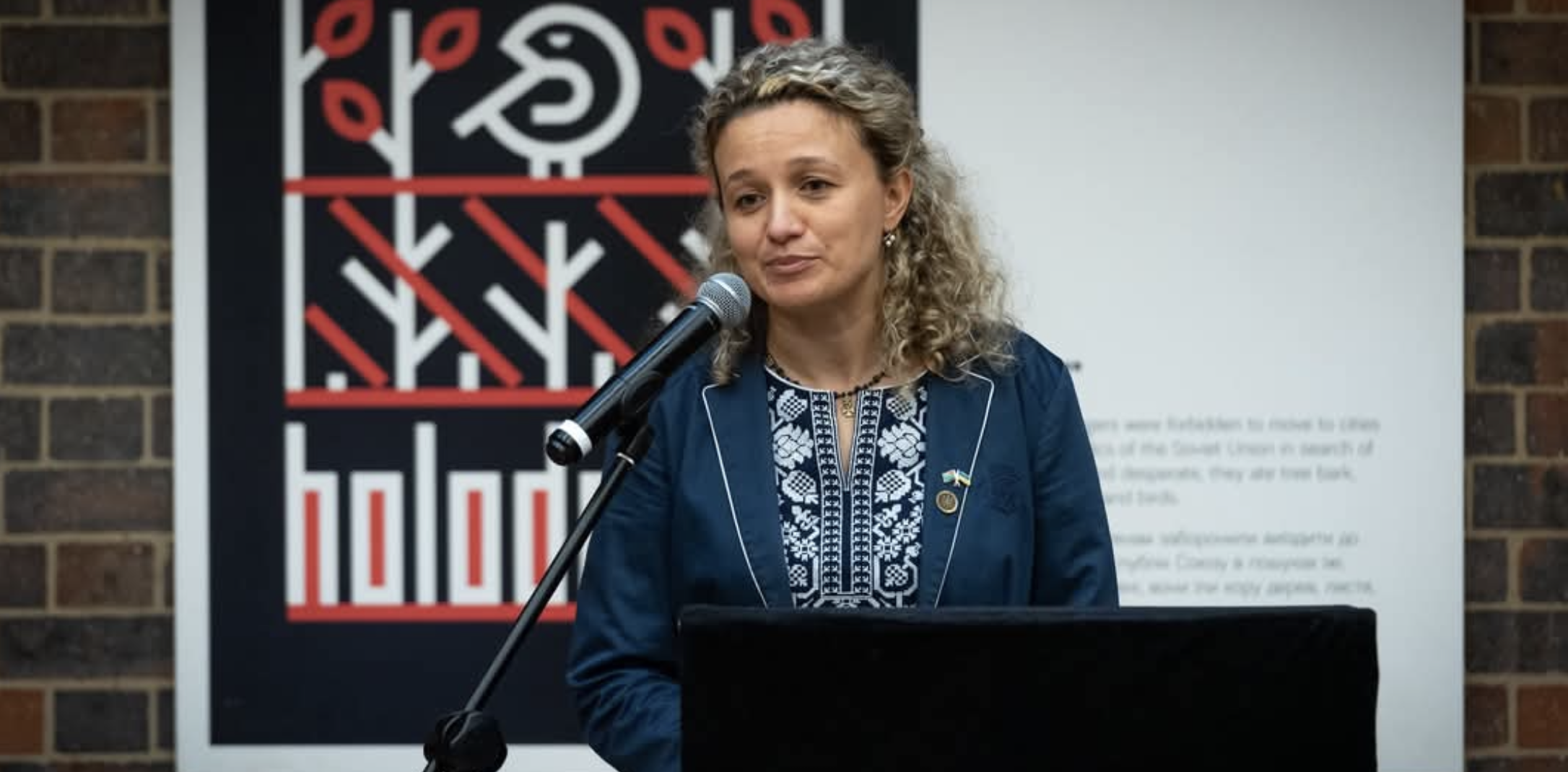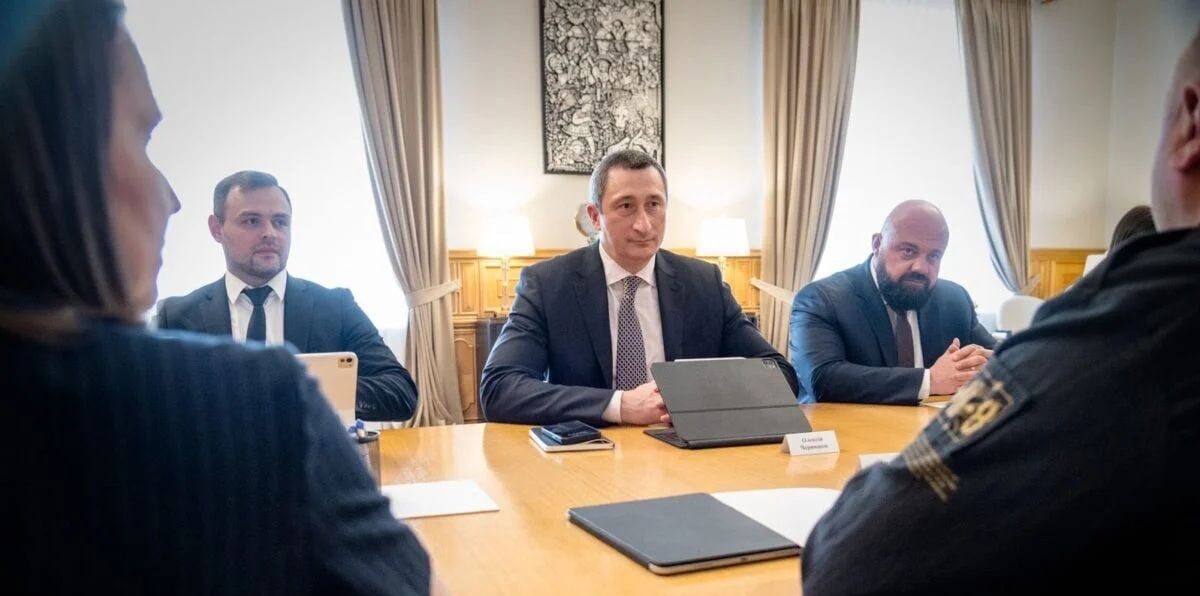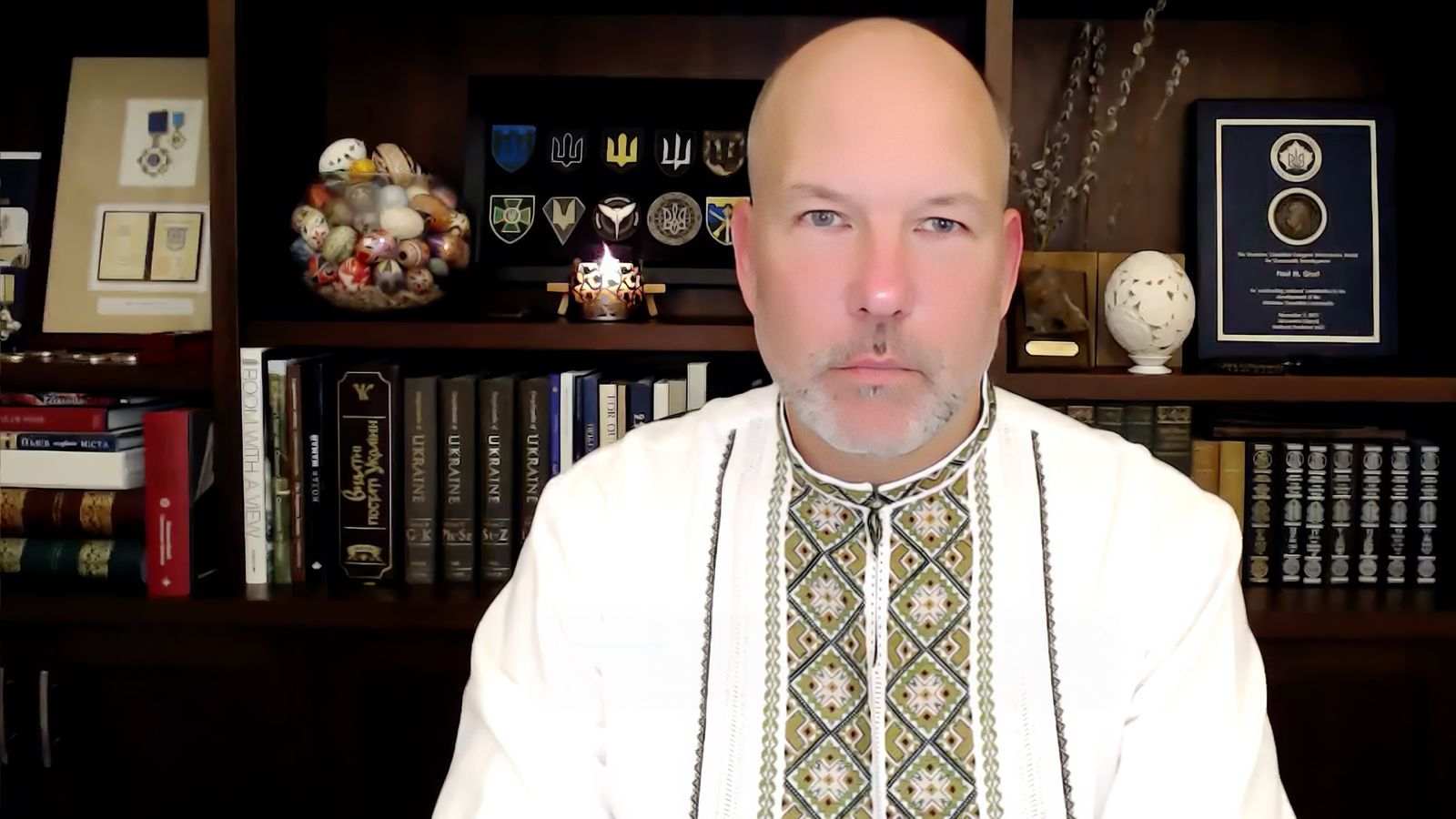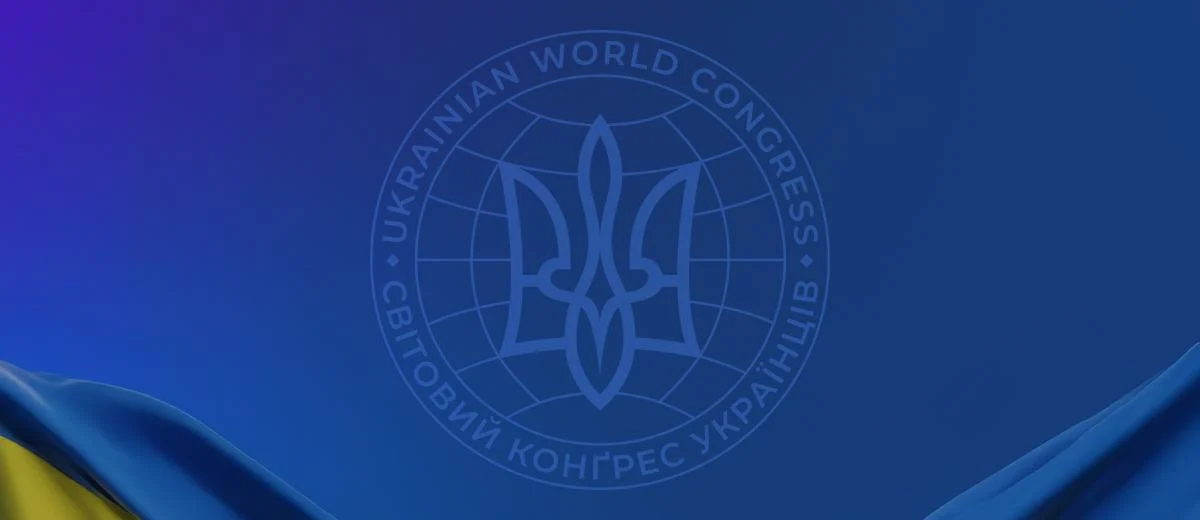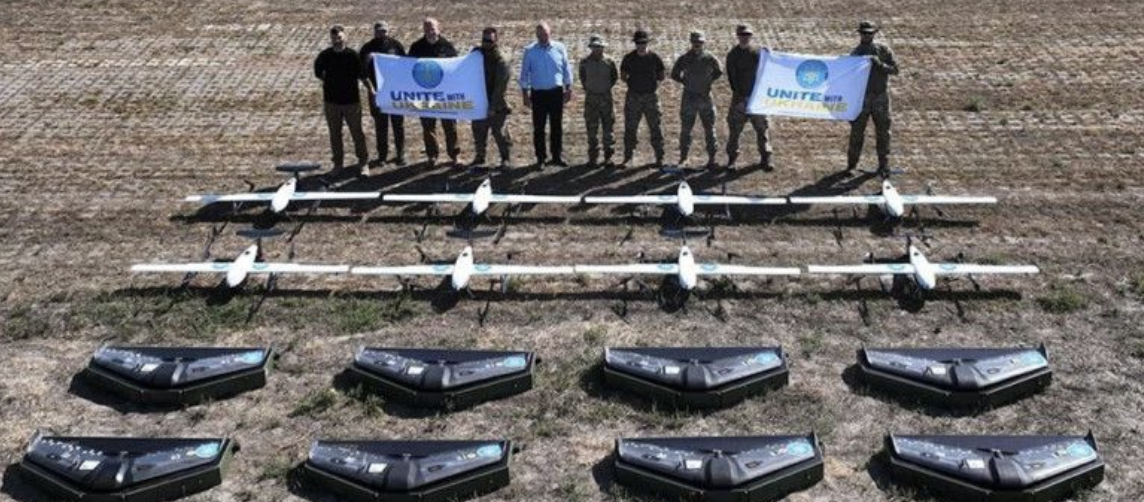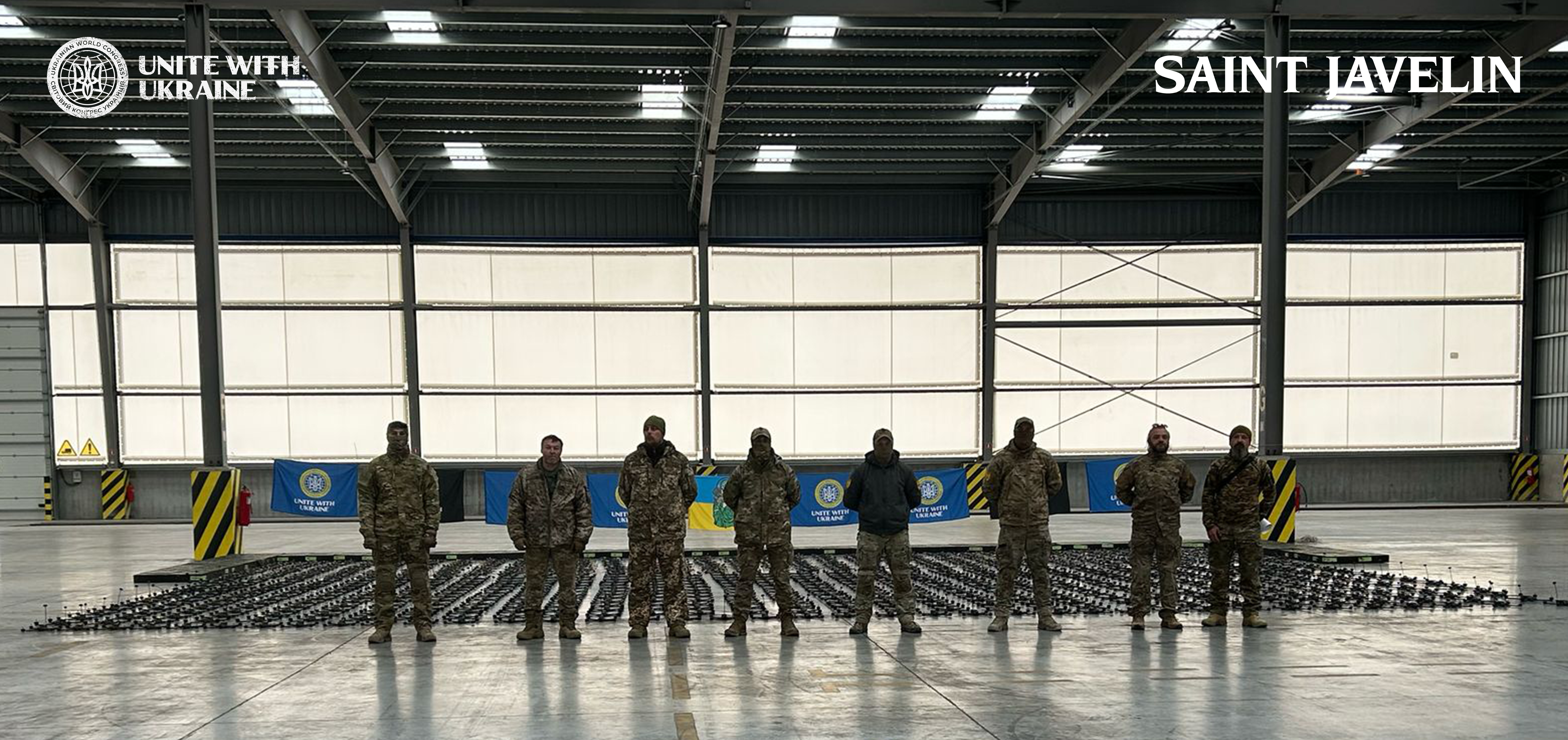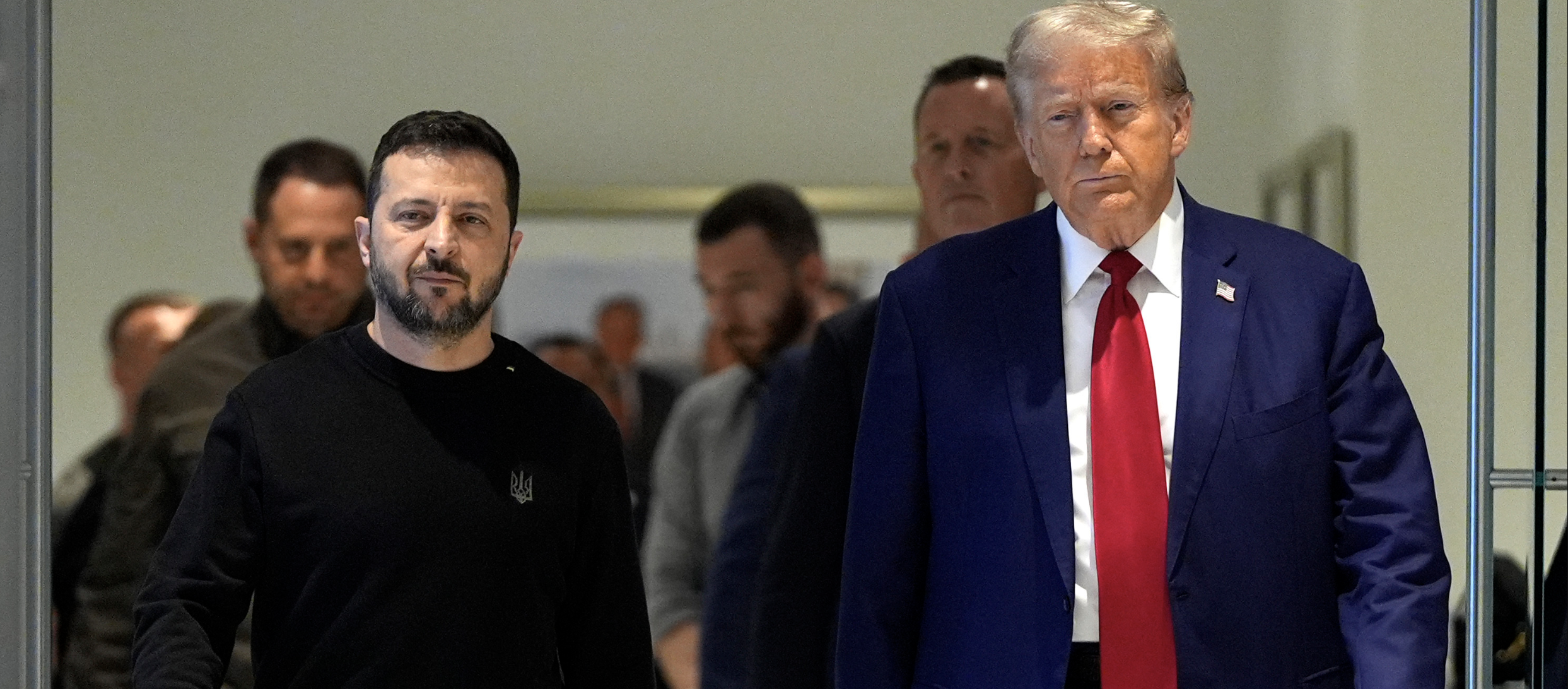

by Alyona Getmanchuk, director of the New Europe Center, a foreign policy-focused think tank based in Kyiv
Source: Ukrainska Pravda
On the day of the inauguration of the 47th President of the United States, it’s clear that Ukraine has made significant progress since the American elections, managing to navigate the complex situation of engaging with two U.S. presidents at once: the outgoing one and the incoming.
It’s important now to highlight key achievements that Ukraine has secured through both our own efforts and the connections cultivated with our partners in the future Administration, particularly regarding the potential to suspend the war. At the same time, it’s crucial to identify the challenges that deserve our immediate focus.
First and foremost, we managed to convey to Donald Trump information in such detail and depth that it led him to understand that ending the Russia-Ukraine war is much more complex and time-consuming than initially thought. As a result, they realized it would need to be prioritized alongside other international wars and could take longer than they had expected before the elections.
The positive outcome for us is that, with Trump’s presidency, we can count not only on the involvement of the relevant special representative, General Kellogg, but also on the personal engagement of the U.S. president in the Ukrainian issue. Moreover, a quick agreement would likely have meant conceding to all of Putin’s demands. A deal that truly reflects Ukraine’s interests will take more time, as it requires strengthening Ukraine while making Russia more vulnerable.
Challenge:
The longer the negotiation process continues, the greater the likelihood that interest at the highest levels in the White House will significantly diminish. In the end, Ukraine may have to face an aggressive Russia, possibly in alliance with several European countries.
Second, we succeeded in convincing Trump that neither Ukraine nor its leadership is standing in the way of starting negotiations. We are not the ones blocking the diplomatic route to ending – or, in our case, potentially suspending – the war.
Challenge:
Russia will continue leveraging its existing channels to the president in an effort to discredit Ukraine and its leadership, portraying us as uncooperative and uninterested in ending the war. A key challenge here is that the Trump Administration views its role in the war as that of a fair, yet impartial, mediator. Meanwhile, we need the U.S. to be fully on our side, as part of our team.
Third, there are grounds to believe that Trump – especially after his discussions with the Ukrainian president and certain EU leaders – has come to understand that any negotiation process must begin with strengthening Ukraine, not weakening it. As such, we can appeal to the Reagan-era (and, in fact, Roman Empire-era) principle of “peace through strength” that was embraced by Trump’s second administration. However, this principle should reflect not only “peace through the strength of America” but also “peace through the strength of Ukraine.” The crucial point is that it must not be “peace through the strength of Russia.”
For us, recognizing the importance of strengthening Ukraine also provides an opportunity to preserve – and even potentially enhance – certain forms of support moving forward.
Cover: Julia Demaree Nikhinson / AP
